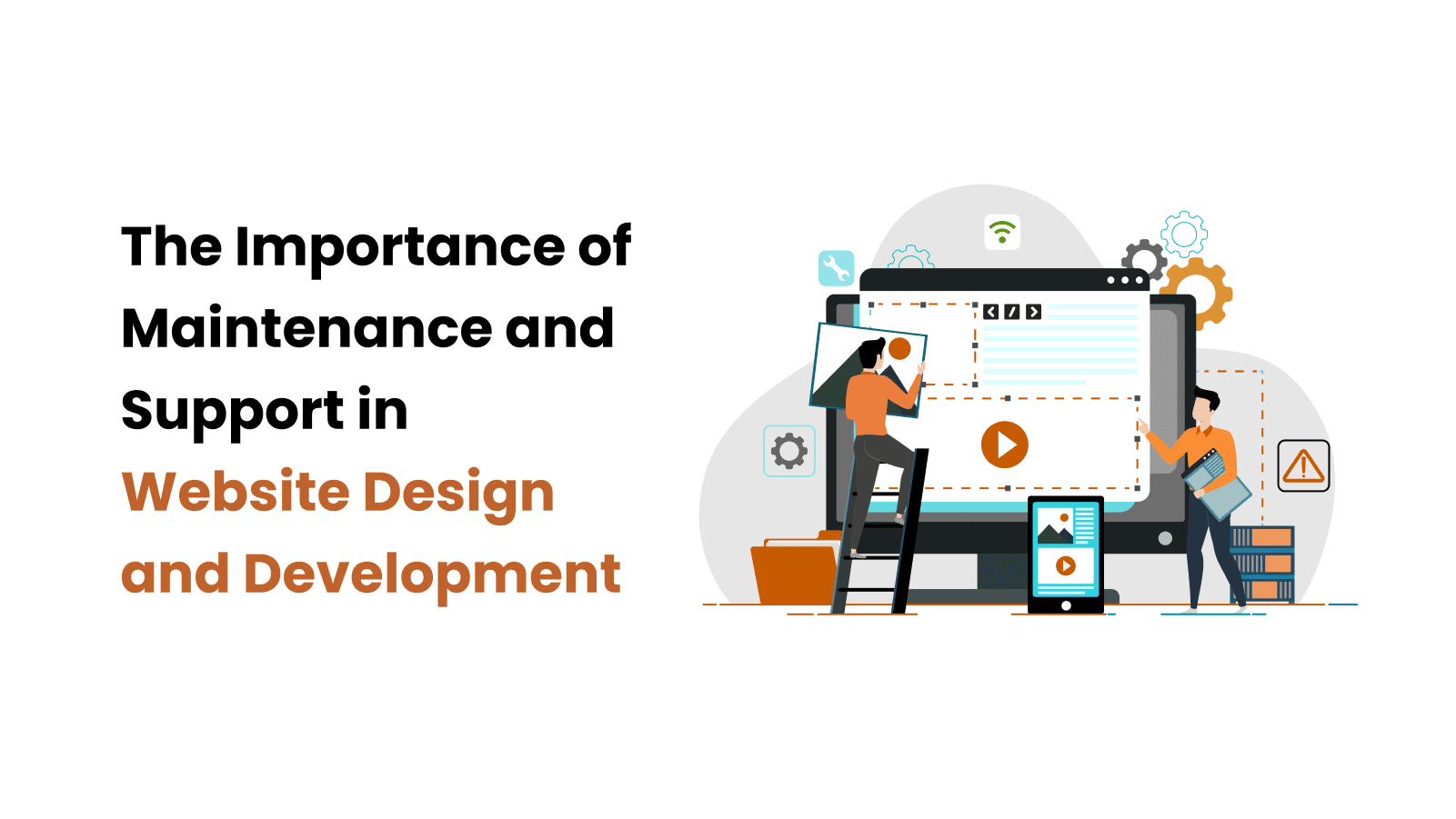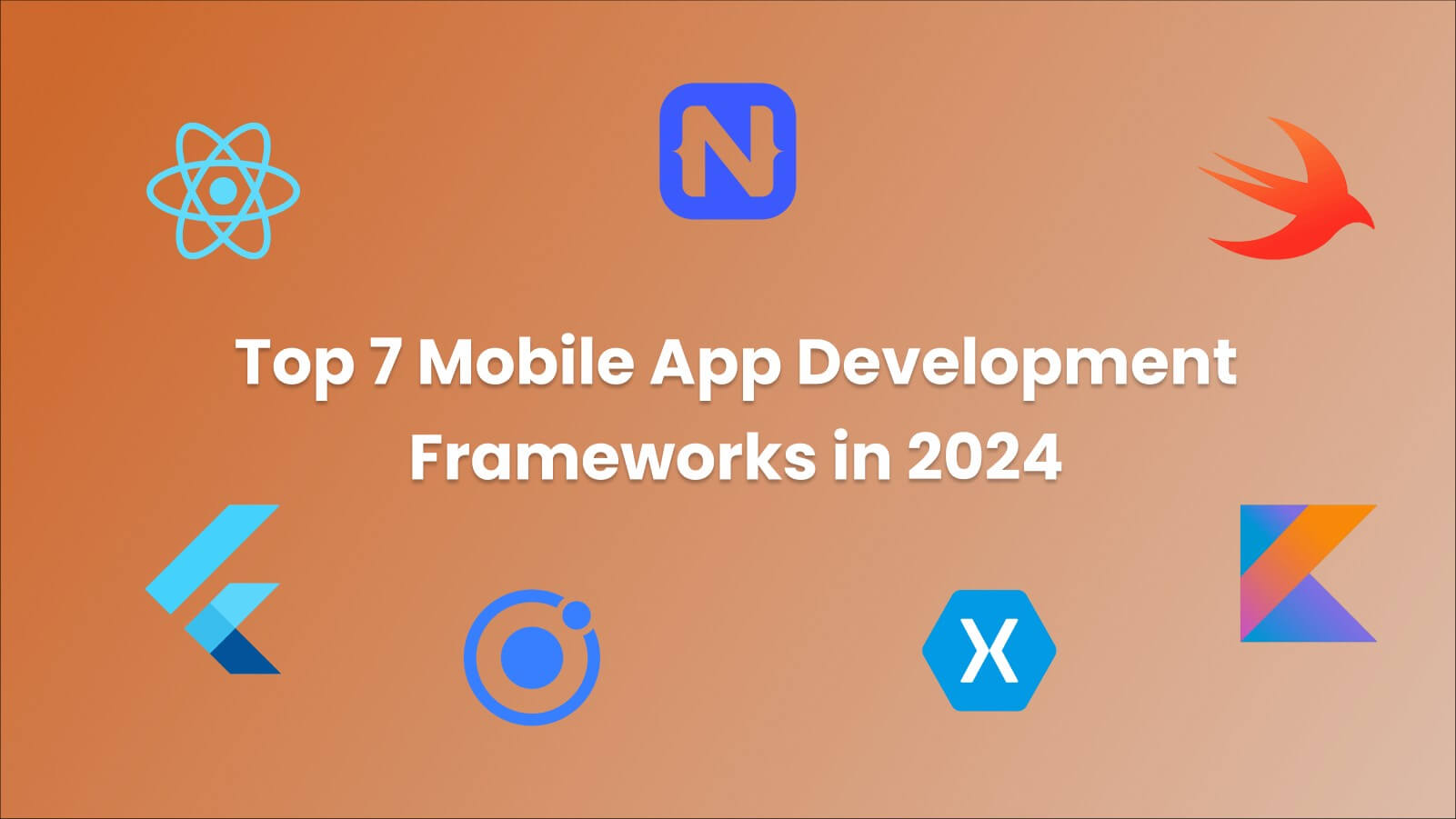
In the ever-evolving landscape of technology, blockchain has emerged as a transformative force, influencing various industries. Among its many applications, one area where blockchain is making significant strides is in mobile app development. Blockchain, at its core, is a decentralized and distributed ledger technology. It consists of a chain of blocks, each containing a list of transactions. These blocks are linked and secured using cryptographic hashes, ensuring the integrity and immutability of the data. One of the primary advantages of integrating blockchain into mobile app development is the heightened security it provides. Traditional centralized systems are vulnerable to hacking, but blockchain's decentralized nature makes it inherently more secure. Encrypted data and consensus mechanisms further fortify the protection of user information. Blockchain enables secure peer-to-peer transactions without the need for intermediaries. In mobile apps, this translates to safer and more transparent financial transactions, especially in applications involving payments, remittances, or cryptocurrency exchanges. Smart contracts are self-executing contracts with the terms of the agreement directly written into code. They automatically execute and enforce contract clauses when predefined conditions are met. Integrating smart contracts in mobile apps streamlines processes and reduces the risk of errors. For instance, in a supply chain management app, smart contracts can automatically trigger payments upon successful delivery of goods, eliminating delays and disputes. Blockchain facilitates the creation of decentralized applications (DApps), which operate on a peer-to-peer network rather than relying on a centralized server. DApps leverage the benefits of blockchain, including enhanced security, transparency, and user control. DApps empower users by providing them greater control over their data. Users can interact with the app directly, reducing the risk of data breaches and unauthorized access. Blockchain allows for the creation of digital tokens, representing assets or utilities within an app. These tokens can be used for transactions, access to premium features, or as incentives for user engagement. By incorporating tokenization, mobile apps can incentivize user participation, fostering a more engaged and loyal user base. This model is particularly prevalent in gaming, social media, and content-sharing apps. While blockchain offers numerous advantages, challenges such as scalability and transaction speed remain. Ongoing research and development efforts are focused on addressing these issues to make blockchain more scalable for widespread mobile app adoption. As blockchain technology continues to mature, its role in mobile app development is poised to expand. The integration of blockchain with emerging technologies like artificial intelligence and the Internet of Things (IoT) holds promise for creating even more sophisticated and efficient mobile applications. The integration of blockchain in mobile app development is reshaping the industry by enhancing security, automating processes, and empowering users. As developers and businesses continue to explore the possibilities, the synergy between blockchain and mobile apps is unlocking new frontiers of innovation. The journey towards decentralized, secure, and user-centric mobile applications is well underway, with blockchain leading the way into a future of limitless possibilities.
This blog will delve into the multifaceted role of blockchain in shaping the future of mobile applications.Understanding Blockchain Technology:
Blockchain Basics:
Key Features:
Blockchain in Mobile App Security:
1) Enhanced Data Security:
2) Secure Transactions:
Smart Contracts and Automation:
1) Smart Contracts Defined:
2) Automation Benefits:
Decentralized App (DApp) Development:
1) The Rise of DApps:
2) User Empowerment:
Tokenization and Incentives:
1) Digital Tokens and Incentives:
2) Enhanced User Engagement:
Overcoming Challenges and Looking Ahead:
1) Scalability Challenges:
2) The Future Landscape:
You can also read: Top 5 Blockchain Development Trends For 2023Conclusion:
Ready to unlock the full potential of blockchain in your mobile app development journey? Whether you're a startup venturing into the app space or an established business looking to innovate, we're here to guide you.
Contact us today or email us at sales@iihglobal.com to explore how blockchain can revolutionize your mobile app development strategy.
Empower your mobile apps with the transformative force of blockchain - because the future of app development is decentralized, secure, and user-centric.








